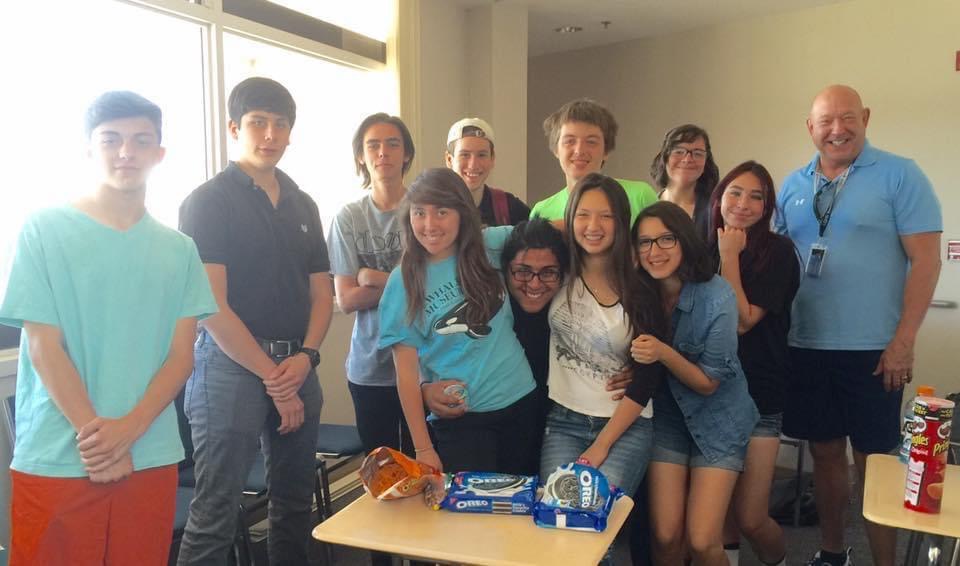About Us
About Us
About Us
In 1997, a good friend asked me to speak to his health classes on the topic of Death and Dying. I obliged. I went so far as to call a funeral home to borrow a casket as a prop for the front of the room to help set the stage and add visual depth. I spoke for 45 minutes. For most students, it was their first real extended discussion on the subject. They’d never broached the topic elsewhere.
As they talked about death, their unresolved issues about mortality and grief surfaced from within. GrievingTeens started as the result of that invitation to speak and the needs it uncovered. Realizing then, that teens needed an outlet to discuss grief and guide them through trauma, I started facilitating grief support groups in the school year 1997-98. Since its inception, it has grown to several other schools, and continues to spread positivity and grief guidance for young adults.

What We Do
What We Do
What is grief?
Grief is a process that affects the whole person (physically, emotionally, socially, and spiritually) and is a response to loss.
What is my responsibility?
This program chooses to see it in phases that have a task component for the griever. This means that you have a responsibility to work through your grief in order to overcome it. The following tasks below have been taken from J. William Worden’s, Grief Counseling and Grief Therapy.
The tasks
- Accept the Reality of the Loss.
- Work Through the pain of Grief.
- Adjust to a World Without the Deceased.
- External Adjustments
- Internal Adjustments
- Spiritual Adjustments Task v
Emotionally Relocate the Deceased & Move on With Life
